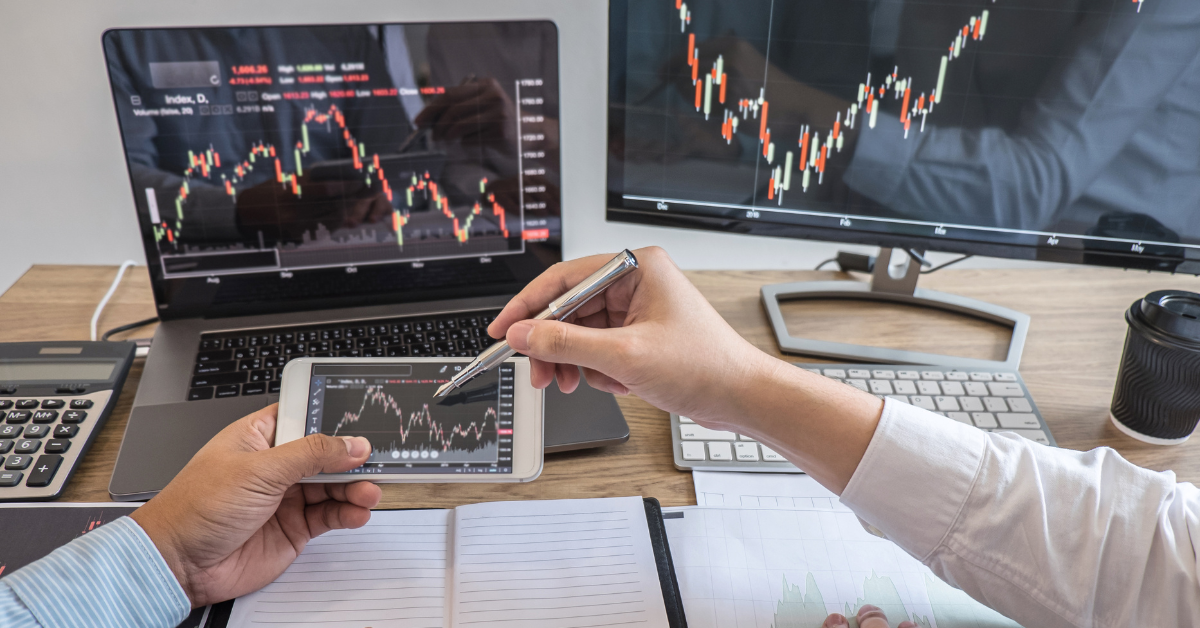Introduction
This blog explores the impact of human psychology and behavioral economics on the Forex market, highlighting the significant role of these factors in the dynamic world of currency trading.
Behavioral Economics: Understanding Human Bias
Behavioral economics challenges the traditional economic assumption that individuals are rational actors who make decisions purely based on utility maximization. Instead, it posits that psychological biases and heuristics significantly influence financial decision-making. In the context of the Forex market, these biases can lead to patterns of behavior that have tangible effects on currency values and market dynamics.
Common Psychological Biases in Forex Trading
- Overconfidence Bias: Traders often overestimate their ability to predict market movements, leading to excessive trading or risk-taking. This bias can cause significant market volatility as traders respond too aggressively to new information or trends.
- Herd Behavior: Forex markets are prone to trends where traders collectively follow the majority, often without a clear rationale. This herd behavior can amplify market movements, creating bubbles or crashes that reflect collective optimism or panic rather than underlying economic fundamentals.
- Loss Aversion: Traders are typically more sensitive to losses than to gains of an equivalent size, which can lead to risk-averse behavior that affects market liquidity. This aversion can also cause traders to hold onto losing positions for too long, hoping to avoid realizing a loss.
- Confirmation Bias: This bias leads traders to favor information that confirms their pre-existing beliefs or predictions about market movements, potentially overlooking contradictory evidence. Confirmation bias can result in a skewed analysis of market conditions, affecting trading decisions.
The Impact of Psychological Factors on Exchange Rates
Trader psychology plays a significant role in the Forex market, as it influences collective behavior, such as optimism driving currency value, and pessimism leading to depreciation, which may not always align with economic indicators.
Behavioral Economics in Market Analysis
Understanding psychological factors can improve market analysis and trading strategies. Behavioral economics helps anticipate market reactions to news events and economic data releases, allowing traders to develop nuanced strategies considering both economic fundamentals and market behavioral tendencies.
Mitigating Psychological Biases
Awareness of psychological biases is the first step towards mitigating their impact on trading decisions. Strategies to address these biases include:
- Developing a trading plan: A clear plan can help traders stick to their strategies and avoid impulsive decisions influenced by short-term market movements.
- Risk management: Implementing strict risk management rules can protect traders from the consequences of overconfidence and loss aversion.
- Continuous learning: Staying informed about market trends, economic theories, and psychological biases can help traders make more rational decisions.
Conclusion
The application of behavioral economics to Forex trading provides valuable insights into how human psychology influences financial landscapes. By understanding these psychological factors, traders can make informed decisions that consider both economic realities and human elements, enriching our understanding of global financial markets and their complex interplay.
#BehavioralEconomics #ForexTrading #MarketPsychology #CurrencyTrading #EconomicBehavior #TraderBiases #FinancialMarkets #ExchangeRates #RiskManagement #TradingStrategies #EconomicTheory #MarketDynamics



